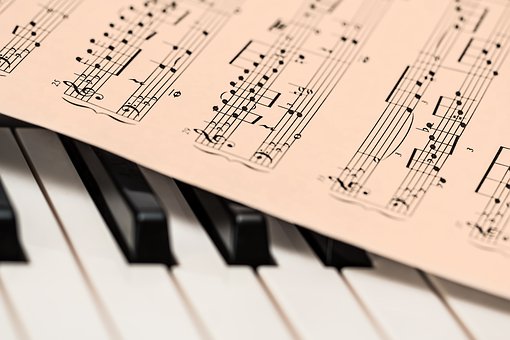Why music? In 2005, an Australian music educator looked through research about the interaction of music and humans. Her focus was on research involving how the brain reacts to sound and music, how people connect through the making of music, and how creativity is an essential human process. Based on her research, she found that we have a human need to interact with music.
- To dynamically orient the body and mind, internally and in relation to the environment, both consciously and unconsciously. Thus, the integrated, experiential nature of music makes it a profound and unique way of knowing, being and being well.
- To connect with others, both physically and mindfully, providing an avenue for unique personal and socio-cultural interaction.
- To control and make choices about the sound environment by reconstructing the same sound parameters as those used to make sense of incoming sonic events.
- To sculpt individualised, imaginative thoughts as listeners, performers and composers.
The reason behind this task was that in Queensland, the schools are focusing on teaching as ‘rich task’. This is something that goes beyond just knowing about a topic, but where the students learn about themselves and the environment around them through the task. In this case, she is championing music in this context because the human need to interact with it already adds a lot of dimension inherent to a rich task. Music taught in a holistic way allows children to access a wide range of possibilities. In his book, Music Activa, Jos Wuytack outlines an approach to music education where it is accessed through Activity, involves Creativity as the highest form of knowing, builds and sustains a sense of Community, thrives on a bedrock of sound Theory, and is Child-Centred while building the balance of physical and mental skills.
Why join the choir or learn an instrument?
The students at The British School enjoy a very thorough music education. They receive regular music classes from Reception all the way to Year 9, and have the optional PMF specialising in music for IGCSE and IB exams. So why should they take an extra lesson or class in choir or orchestra? Short answer – Well being. The modern student is tech-savvy, has no problem with texting shorthand and uses a variety of social networks. The end result is that the student’s interaction with the rest of the world is increasingly becoming a physically lonely one. Whilst they may have a load of followers on Instagram, they are out of touch with face to face interaction with those peers. Introducing a group dynamic into the life of a student is an excellent way to repair these larger social bonds. There are even aspects of the studies that show improvements in physical and mental health through these communal experiences.

Is there a reason for music education in the school?
There is no way one could argue that music is not supported at TBS. The amount of time, money, teaching staff and focus given to music here would not be found back in the public schools of US or USA. Our students have unparalleled access to enrichment offerings, international exams offered at the school throughout the year, performance opportunities,
international trips to FOBISIA Music Festivals and more regularly scheduled music classes than most students in the world enjoy. This year two great events are being hosted at TBS, the inaugural ISACI Choral Festival and the FOBISIA Primary Music Festival. In addition, the lessons on orchestral instruments and the TBS Orchestra are both launching in Term 2.
The challenge I give to the parents and teachers at TBS is to embrace those opportunities and encourage your children and students to take their music further. I believe that if we allow our students to thrive in music, the only outcome will be to succeed.
References:
- Stefanakis, M. (2005). How music might impact on us and the implications for music education. Action, Criticism, and Theory for Music Education. Vol.4, #2 (September 2005). http://act.maydaygroup.org/articles/Stefanakis4_2.pdf.
- Wuytack, J. (1994). Musica Activa. Schott Music Corporation.
- Launay, J. & Pearce, E. (2015) Choir singing improves health, happiness – and is the perfect icebreaker. https://theconversation.com/choir-singing-improves-health-happiness-and-is-the-perfect-icebreaker-47619

